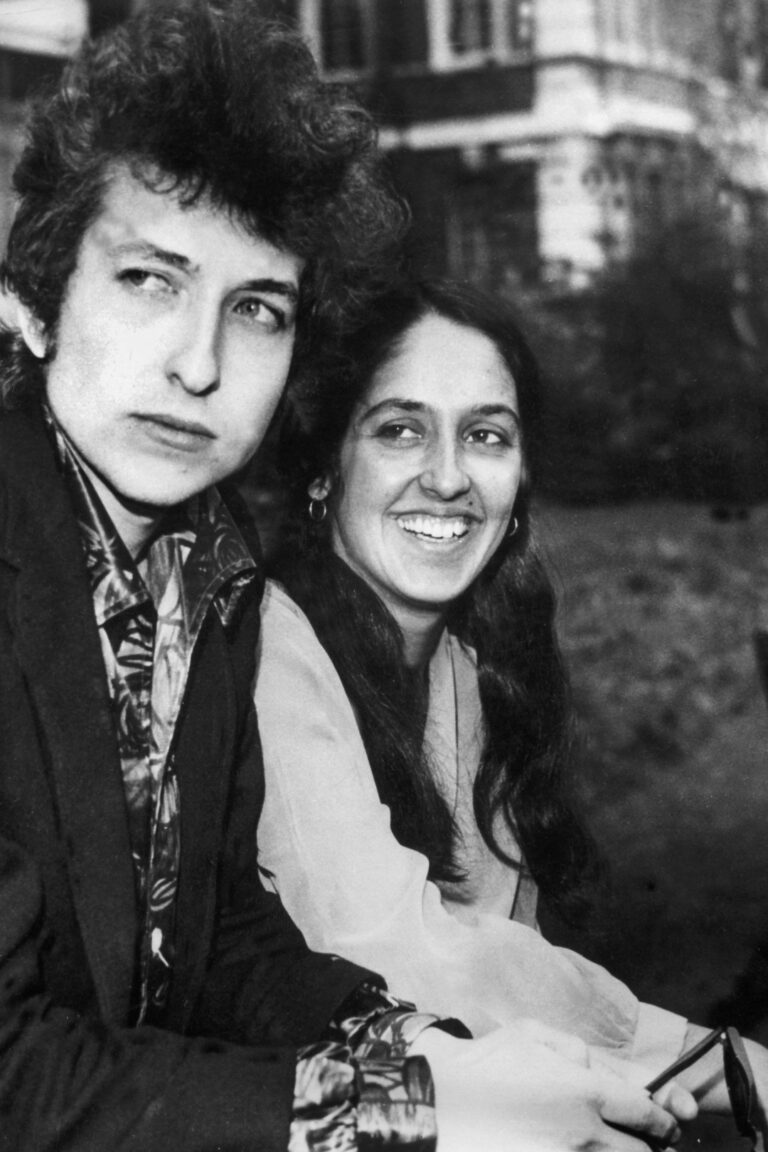
Introduction
Bono, the iconic frontman of the rock band U2, has transcended the role of a musician to become a significant figure in global activism. His commitment to various humanitarian causes has made him a household name, but his contributions go far beyond the stage. Understanding Bono’s impact sheds light on how artists can play a vital role in addressing social issues.
Musical Legacy
Born Paul David Hewson in Dublin, Ireland, Bono formed U2 in 1976. The band’s unique sound, characterized by Bono’s soaring vocals and socially conscious lyrics, has established them as one of the most successful rock bands in history. With hits like “With or Without You” and “Beautiful Day,” U2 has captured hearts and influenced generations. Bono’s writing often explores themes of love, conflict, and social justice, making the band’s music not only entertaining but also thought-provoking.
Activism and Humanitarian Work
Beyond his music career, Bono’s activism is equally noteworthy. In 2002, he co-founded DATA (Debt, AIDS, Trade, Africa) to address the issues of poverty and preventable disease in Africa. His efforts have raised awareness for AIDS treatment and education, leveraging his celebrity status to influence public policy and generate funding for critical causes.
In 2006, Bono also launched the ONE Campaign, which focuses on eradicating extreme poverty and preventable diseases globally. The campaign has gained momentum, rallying millions of supporters to push for effective policies that benefit impoverished communities. Bono’s ability to connect with political leaders and mobilize the public has been a significant factor in the campaign’s successes.
Recent Developments
As of 2023, Bono continues to be active in both music and humanitarian efforts. The release of U2’s latest album has sparked discussions about the state of the music industry in the digital age, and Bono’s insights have crafted a narrative around the importance of adapting to new platforms while maintaining artistic integrity. Simultaneously, he remains a vocal advocate for climate action and global health initiatives, recognizing the interconnectedness of these global issues.
Conclusion
Bono’s journey is a testament to the power of music as a tool for change. His influence extends beyond entertainment, inspiring countless individuals to engage in activism and social responsibility. Looking ahead, if Bono maintains his current trajectory, it’s likely he will continue to mobilize communities and reshape conversations around critical issues such as poverty, healthcare, and climate change. As audiences, it’s crucial to recognize and support the intersection of artistry and activism, exemplified so compellingly by Bono.






